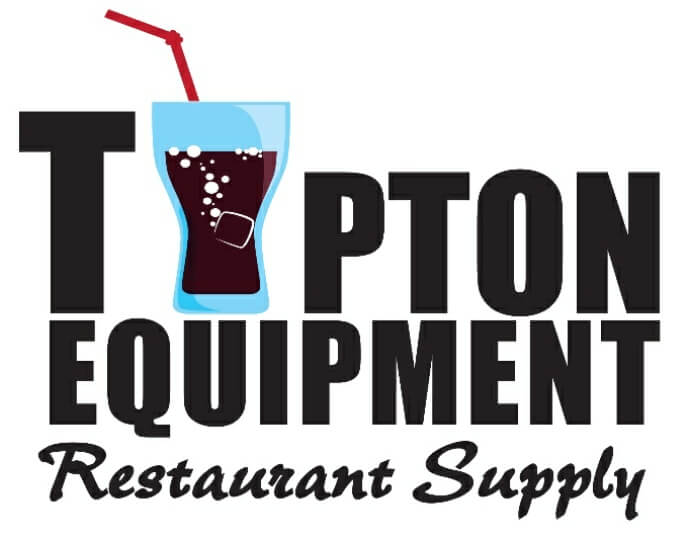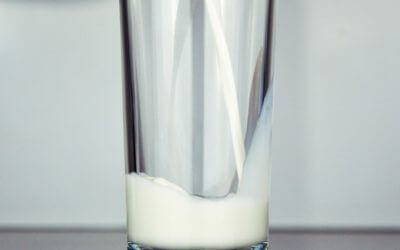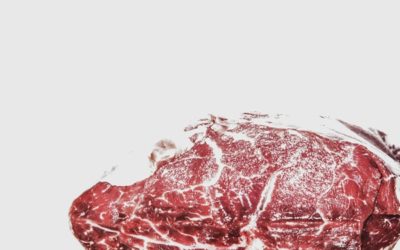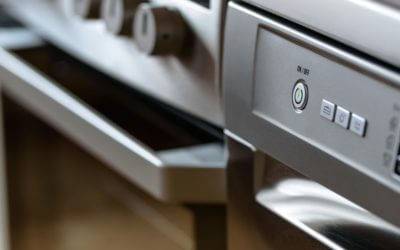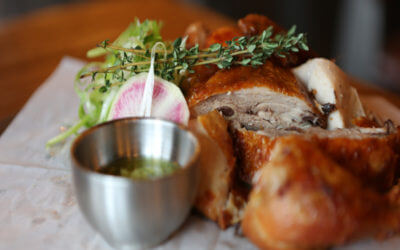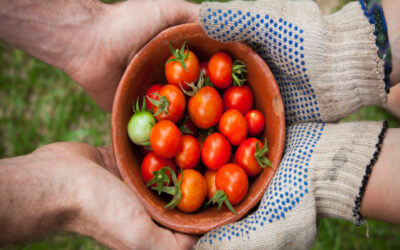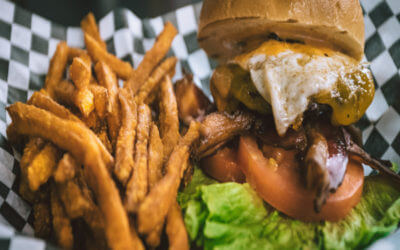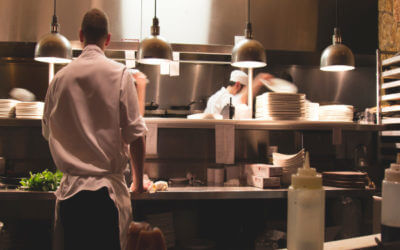Safety Tips for Your Commercial Kitchen
August 29, 2019Safety tips for your commercial kitchen to keep it running smoothly and keep disease out.
A well-run commercial kitchen means maintaining the utmost cleanliness and safe conditions for your food preparation. If you were to contaminate an area with Salmonella or other dangerous bacteria accidentally, your customers and employees could get very sick. You also need to know how to pass any checks done by the local health department, so your restaurant can operate with full certification.
Ask Yourself, Is My Commercial Kitchen Safe?
Preventing food preparation area accidents:
- Do my employees use a stool or footrest to avoid prolonged standing?
- Do I make stools and footrests available to my kitchen workers?
- Do we rearrange food prep tasks to avoid overreaching?
- Do we use mechanical kitchen appliances for chopping, dicing, or mixing foods to avoid repetitive stress injuries?
- Do we provide approved uniforms, hairnets, and gloves for our employees?
- Do our employees wear uniforms, hairnets, and gloves?
Preventing lifting accidents
- Have my workers been trained to lift with their legs not with their backs, whether it is a light or heavy load?
- Are workers trained to bring bulky items close to their chest so they can stay balanced and eliminate straining?
- Are employees trained to use tilt containers or get help when lifting or pulling fluids or bulky items?
- Are my employees empowered to point out safe and proper lifting techniques to fellow employees?
- Do supervisors take the lead by setting the right example?
Preventing slips, trips, and falls
- Is the kitchen staff trained to mop up spills and wet areas immediately?
- Is kitchen, supply areas, freezer floors, and walkways kept free of clutter?
- Is the proper ladder training provided?
- Do employees know how to use ladders correctly to avoid overreaching and overextending themselves?
- Are employees required to wear proper slip-resistant footwear?
- Is the kitchen floor swept and mopped each night?
Proper Handling
All produce needs to be washed and scrubbed thoroughly before being served. Washing can be done right before serving, as some veggies wilt if removed too far ahead of time. Never use soap or bleach on produce. Coldwater is best. A produce brush for harder items like turnips, carrots, or potatoes is recommended.
Conduct Self Inspections
A good commercial kitchen manager conducts regular self-inspections so that he can make sure to spot problems before they get out of hand. Preparation is especially the case since many kitchen inspections conducted by the authorities are conducted unannounced, making it extra essential to stay prepared.
5 Things Every Restaurant Owner Should Do Before Buying Used Kitchen Equipment
Equipping your restaurant properly can cost a lot of money, so buying used kitchen equipment is the go-to choice for many restaurateurs. Buying used kitchen equipment for a restaurant is a bit different than buying used equipment for your home, however. You will...
Top Restaurant Technology Trends in 2018
When looking to buy restaurant supplies, you want to be on the leading edge of technology trends. This will keep your kitchen running smoothly. Let’s take a look at some of the most recent trends in restaurant supplies technology. 1. New Payment Options Who would...
5 Different Ice Shapes and Why You Should Care About Them
Ice makers are very popular in the restaurant and foodservice community because they eliminate the need to buy ice every day. And of course, adding an ice maker to your collection of foodservice equipment means you will always have ice on hand when you need it. An...
Pulping and Grinding: A Starter’s Guide to Reducing Commercial Food Waste Costs
For most restaurant owners and managers, the expenses involved in making meals are always under careful consideration. Water is needed to prepare, cook and wash food; power is necessary for food prep, cooking and cooling, and so on. However, how many of us consider...
Choosing the Right Milk Cooler: Cold Wall or Forced Air?
In a restaurant, milk is an essential to have on hand for coffee and other café-style beverages, for serving with kids’ meals, and as a key ingredient in many recipes. Keeping your milk properly chilled can be difficult without the proper restaurant equipment....
How to Choose Your Next Commercial Meat Smoker
The movies that connect with us on a personal level are the ones that linger in our memories forever. Anyone who has used a commercial meat smoker knows that they have a huge influence on the taste of a meal. You need to have just the right kitchen equipment to get a...
Are High Speed Ovens Too Good to be True?
You might have heard a few of the bold claims that foodservice equipment manufacturers have been making about high speed ovens, but they can’t be possible, right? Cooking three times as faster as regular ovens? Five times as fast? Fifteen times as fast? It may seem...
Choosing the Right Food Storage Containers for Your Restaurant
Choosing the right kitchen supplies will make a difference in your restaurant. Whether it is heavy duty kitchen equipment or food storage containers, each piece of equipment plays its own important role. Today, we are going to talk about how to choose the right food...
Tipton’s Guide to Perfect Poultry Trussing
Do you ever truss birds in your commercial kitchen? Trussing is a fantastic cooking technique because it makes poultry cook faster, look more attractive and taste better. If your commercial kitchen prepares poultry, you don’t want to miss these trussing tips. Trussing...
How to Eliminate Excess Condensation in Your Kitchen
Is your commercial kitchen getting steamy? If so, you could have more than just an uncomfortable working environment on your hands. Excess moisture in your commercial kitchen can result in the corrosion of equipment, the development of mold, and even damage to your...
The DIY Guide to Your Restaurant’s Own Garden
Stocking your restaurant supply with your own home-grown herbs and produce can truly bring your dishes to life. When it comes to food, everyone knows there’s nothing like homemade and home-grown. Having your own culinary garden, however large or small, can help you...
5 Reasons a Meat Grinder Will Set Your Burgers Apart
The more you do to prepare your foods in-house with the right kitchen equipment, the fresher and more flavorful your dishes become. There are all sorts of restaurants offering fast-food style burgers, but some diners are looking for the real deal. A fresh, juicy...
Pest Preventions to Implement in Your Commercial Kitchen
Restaurant pests: it’s something that few people want to think about. Like it or not, pest management is an essential consideration for every commercial kitchen. Offering food, shelter and water, the unprepared commercial kitchen naturally provides everything pests...
Choosing the Right Material for Your Cooking Equipment
Kitchens are very unique to their chef. Just like a car mechanic has a toolbox unique to them, so is the cooking equipment in a kitchen. And over time, the same cooking equipment become a natural extension of the chef. What tools are you using in your kitchen? It...
Kitchen Hacks for Your Home
Some people are naturally good at certain skills. We all know someone who is naturally book smart, athletic, or musically inclined. What makes you jealous of them is how easy they make tasks seem compared to you. One skill might be cooking. Your dream may not be...
